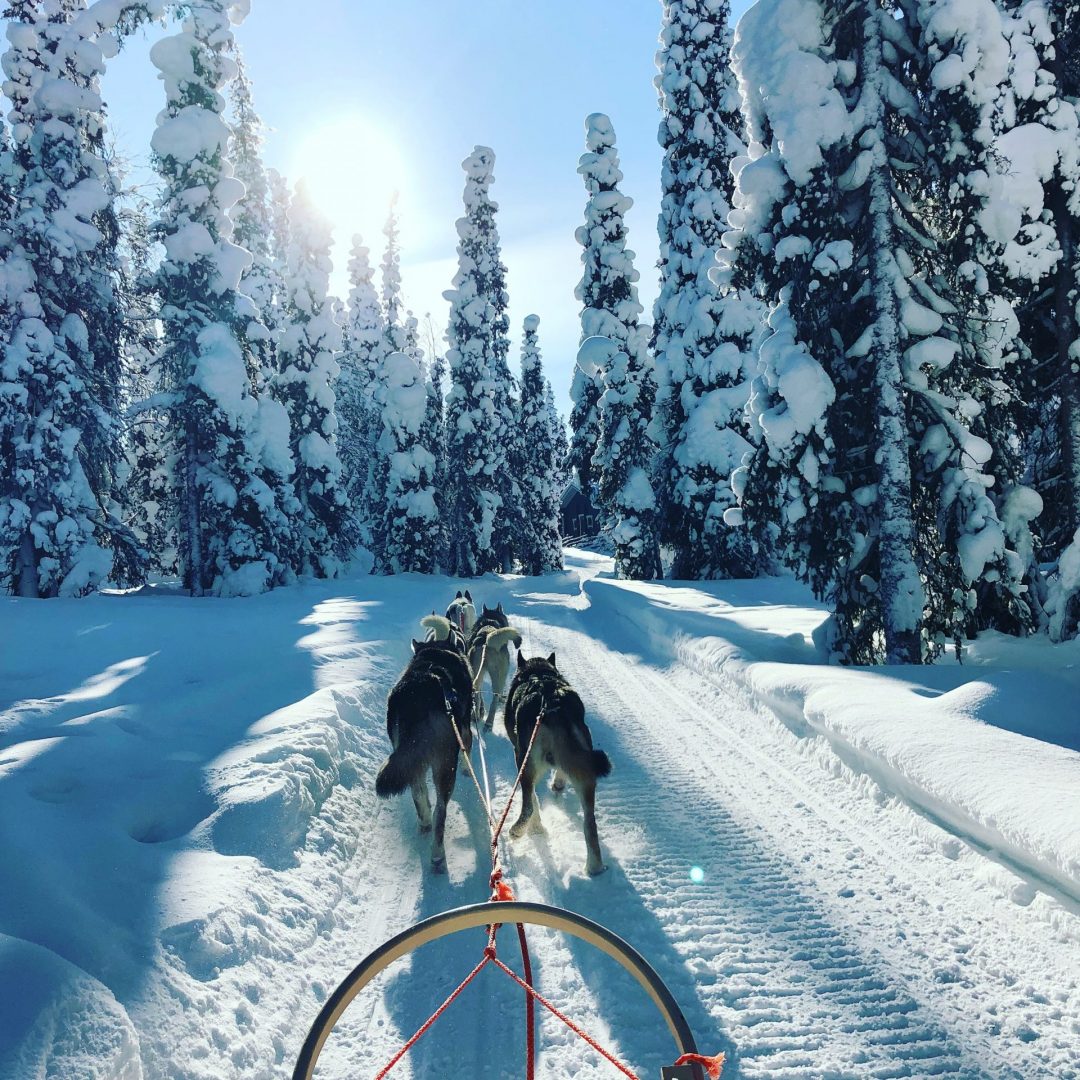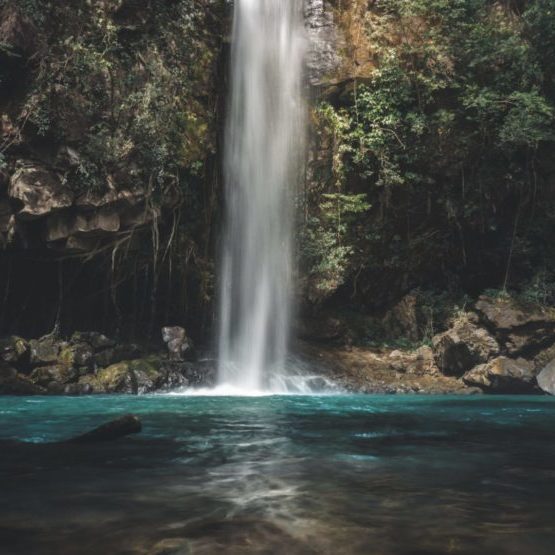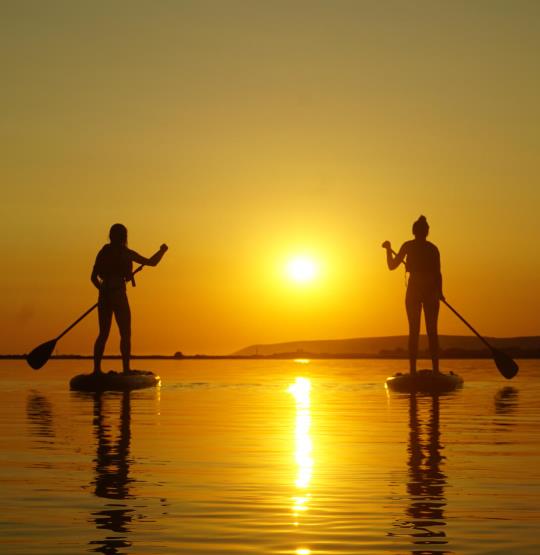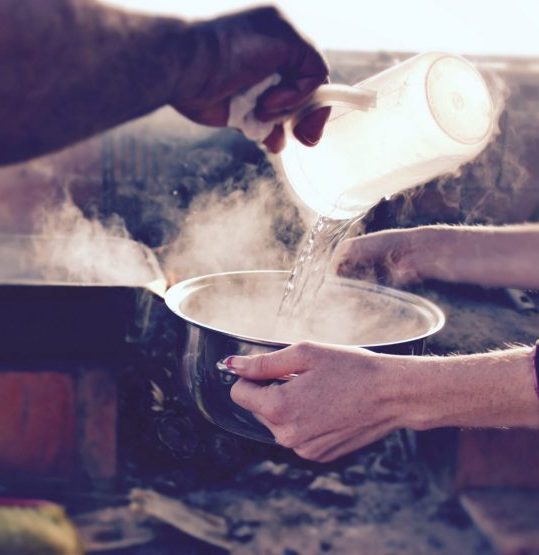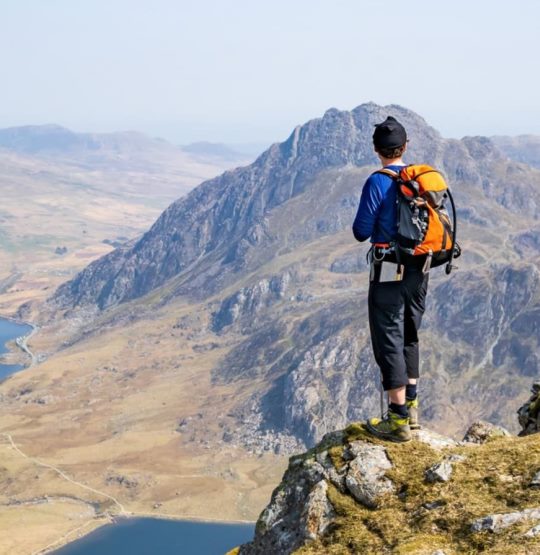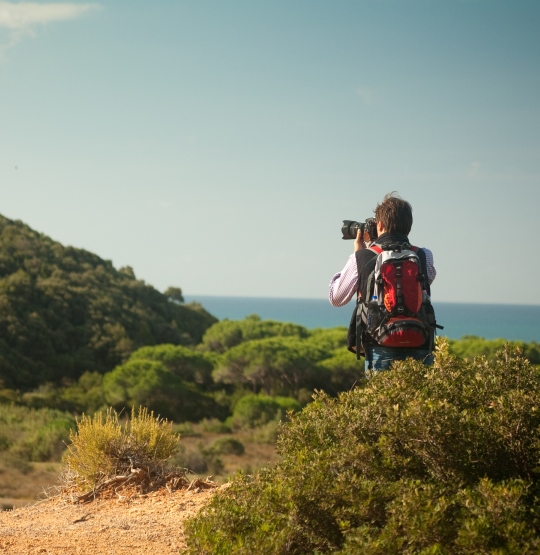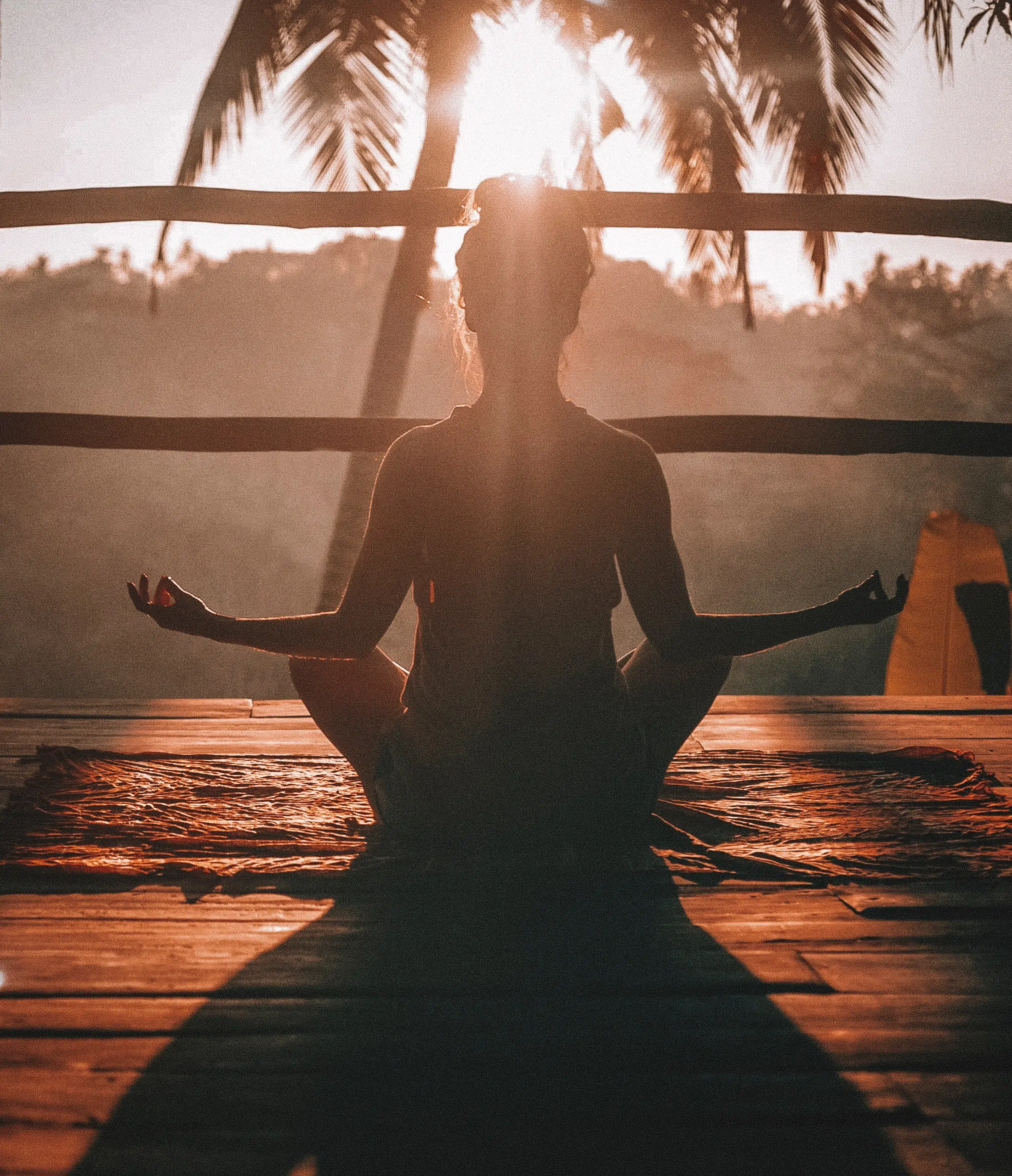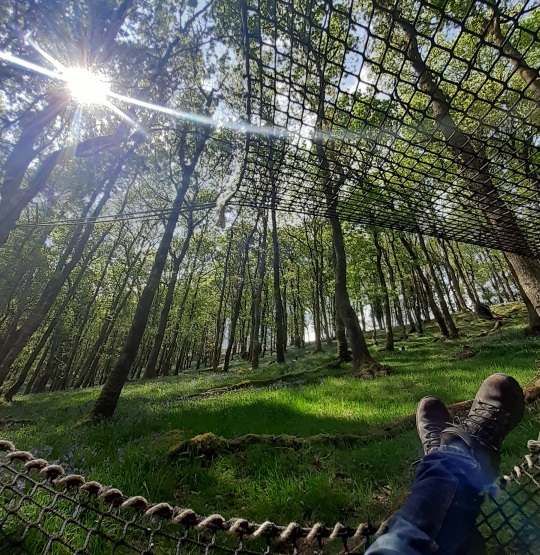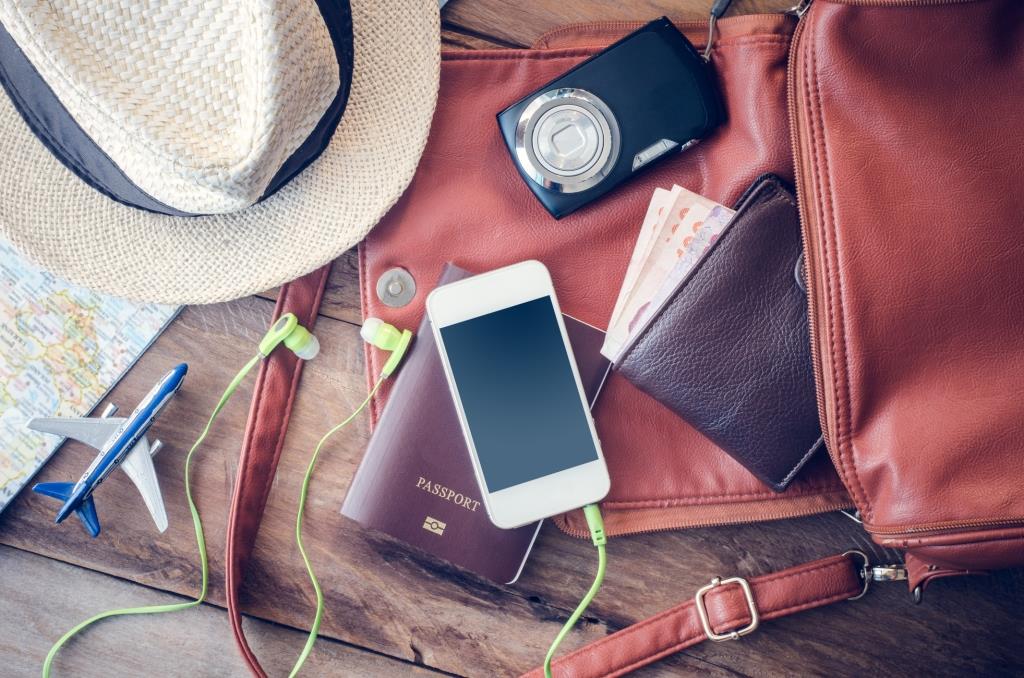It is so common for people to take time out of their lives, whether that’s a gap year before uni or between jobs in their 30s. Finding time out of your life to explore other cultures and explore new landscapes has obvious benefits to yourself as a person of the world, so why is it so difficult to explain this time off to future employers? Of course, if you’re applying for a travel company like us, we’d immediately see the value in travel, though most other industries might require a little convincing. For us though, there is a way to make travel not only look good, but be a real stand-out part of your CV!
The first thing to consider is how relevant your experience is, because of course for some roles it’s good to shout about your travel experiences while others maybe just an exciting footnote that lets the company know more about you. So whether you’re putting the information in your CV or planning to talk about it in an interview, we’ve got our top tips.
There are obvious benefits to some forms of travel, like if you explored central and south america then you might have developed some strong language skills that would come in so useful while in a workplace. Most businesses need experienced people who understand other cultures, have a strong desire to learn, are highly motivated, speak another language and are independent. Travelling gives you the opportunity to work on all these qualities.
But don’t get me wrong, everyone wants to have fun, meet new people, get off the tourist trail and discover more when they are travelling and with little effort, you could do all of those things and still have something to put on your CV that has more substance than just ‘travelling’ in the interests and hobbies section.
Step 1: we need to talk about your ‘hobbies and interests’
First things first, get rid of the dreaded hobbies and interest section altogether. Instead, have a heading that includes ‘Skills and Education’ for example and pop in your ‘travel experiences’ there.
I’ve known people who scan CV’s using just the hobbies section and if they see something they don’t like, your CV is discarded immediately so get rid of it now before an employer who doesn’t share your love of pottery, swimming, reading fantasy novels or going to the gym! Also, there isn’t much space to talk about on a CV so make sure all that space is given to backed evidence of your achievements and accomplishments. With that in mind, when talking about the travel market it is an achievement, for example – While I travelled across South America I learnt a lot of Spanish, enough to have simple conversations with native Spanish speakers.
Now go back to the things that employers are looking for; desire to learn, speak a new language, independence and so on and see what you can do on your travels that not only fits this criteria but also allows you to have fun, meet new people, experience other cultures and get off that dreaded tourist trail.
Step 2: gaining the essential and desirable skills
Speaking another language is a skill that is going to take you places. Do not underestimate this one! Travelling and immersing yourself in the local culture will help you brush up and pick up new phrases but there is one way to make the most of your time aboard.
Why not take a holiday language course? You don’t have to spend weeks in a classroom, just a couple of weeks dedicating your mornings to learning the language should be enough to give you the basics of communication plus you get afternoons off and weekends so it’s a great balance of lessons and leisure. If you stay with a host family whilst you are learning to speak a new language, you’ll have the added bonus of experiencing the culture, food and hospitality of the locals at the same time.
And if you are looking for a job in a particular industry, perhaps you are looking to get into something creative, something sporty, charity work or even catering then look for a holiday language course that combines learning a new language each morning with afternoons spent indulging your passion for creativity, food and drink or even try volunteering which all adds a great deal to that ‘skills and education’ section.
With exciting options that include combining learning Italian with an Italian cooking course in Italy, Spanish with surf lessons in Costa Rica, Portuguese with Samba dancing in Brazil or Spanish with horse riding in Spain and much more, combining lessons with leisure and improving your CV has never been more enticing.
Step 3: time to get ‘working’
Learn a new skill on holiday, take part in a wide range of holiday activities combining lessons with leisure and really use your travel experience to differentiate yourself.
Have fun, be adventurous meet new people and see what you can learn. Go learn to speak another language, develop your culinary skills or discover a new skill while you travel the world.
Good luck!




